The African Jesuit AIDS Network (AJAN) was proud to be a partner in the eighth edition of the Annual Africa Conference on Social Entrepreneurship (AACOSE 8), held at Tangaza University in Nairobi, Kenya from 14th to 16th May 2025. This year’s edition brought together a wide range of stakeholders, including grassroots innovators, policymakers, funders, and academics to explore the transformative power of social entrepreneurship in fostering inclusive growth and sustainability across the continent.
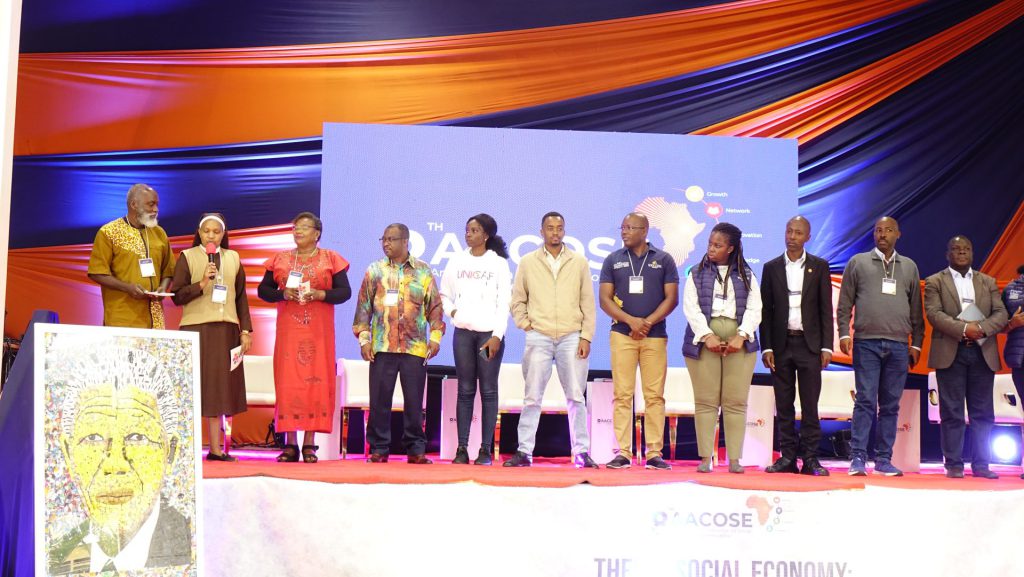
As a key partner of AACOSE 8, AJAN, whose mission is to promote integral human development, particularly among youth and vulnerable populations, the conference presented a valuable opportunity for AJAN to showcase 43 Minimum Viable Products (MVP) (Made up of Innovation and enterprises) developed/established by the young people, a few of which were presented at the booth and during a presentation; exchange best practices, and inspire a collective movement for positive change rooted in Jesuit values.
AJAN reaffirmed its commitment to integrating faith-based perspectives into the field of social entrepreneurship during the AACOSE 8 conference. Fr. Ismael Matambura, SJ, Director of AJAN, participated as a panelist in the breakout session titled “Faith, Church, and Social Economy.” The session delved into the critical role that faith-based institutions and values play in shaping and supporting the social economy.
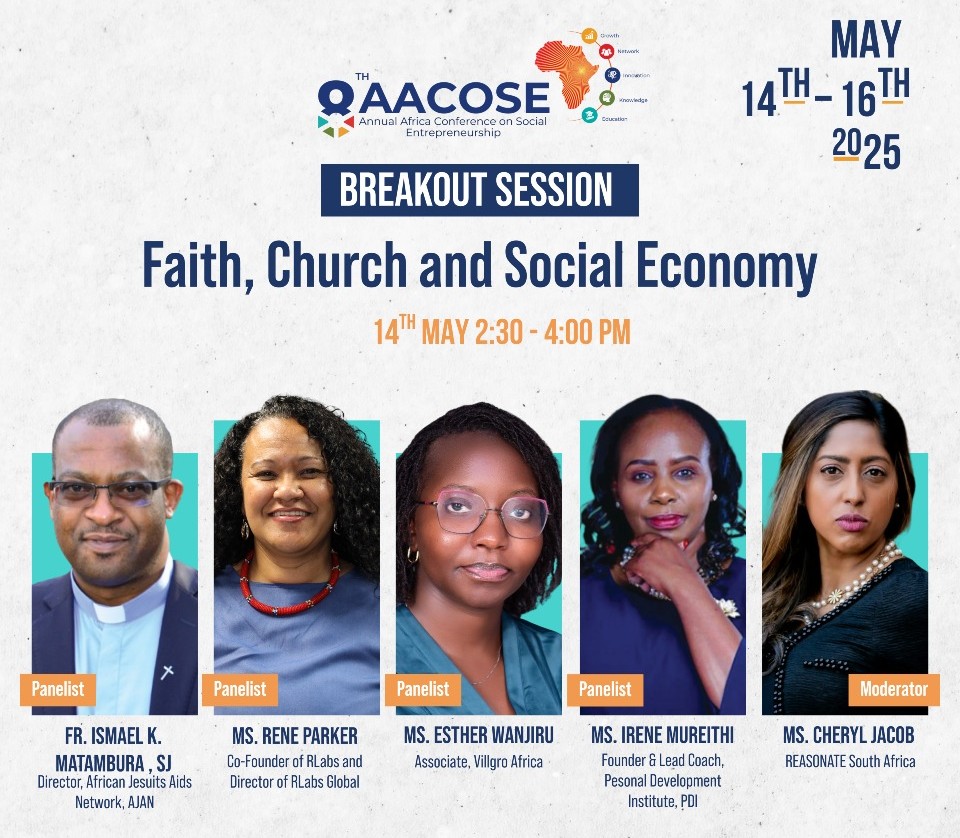
Fr. Matambura offered thoughtful insights into how moral and ethical frameworks inspired by faith traditions can guide social enterprises toward more just, equitable, and sustainable outcomes. He stressed that faith-based enterprises are not just service providers, but spiritual actors grounded in a mission that goes beyond profit—seeking the holistic well-being of individuals and communities.
He advocated for greater collaboration and networking among faith-based actors, noting that the Church, ecumenical movements, and interreligious dialogue offer powerful platforms for synergy and collective impact. “As faith-based organizations, we are entrusted with a mission,” he said, referring to the biblical mandate from Mark 16:15: ‘Go into the world. Go everywhere and announce the message of God’s good news to one and all.’
For Fr. Matambura, this “good news” translates into tangible action—promoting the well-being of every human being, fostering self-reliance, and building inclusive societies where no one is left behind. He concluded by affirming that faith-inspired social entrepreneurship is not only possible, but essential, in creating a more compassionate and equitable world.
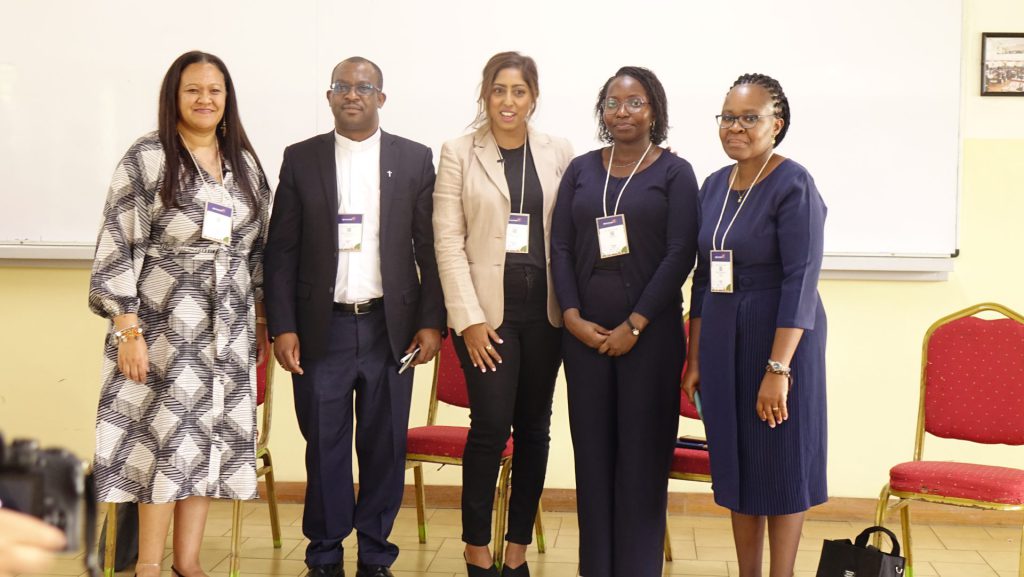
Building on its impactful participation in AACOSE 7, AJAN showcased its flagship initiatives: the Jesuit Youth-Led Social Entrepreneurship Action (JYSEA) and the AHAPPY (AJAN HIV and AIDS Prevention Programme for the Youth) programs. The AHAPPY program focuses on empowering African youth to live responsibly by addressing behavioral aspects of HIV prevention through value-based education. Complementing this, the JYSEA program offers youth economic empowerment by combining entrepreneurial skills with moral development to promote holistic growth.
We had 3 young people participating in the exhibition, they represented all the young people who are part of the Jesuit Youth-Led Social Entrepreneurship Action (JYSEA) program. Two came from Saint Joseph Development Programmes, Kangemi, Kenya while one came from Centre Arrupe Madagascar.
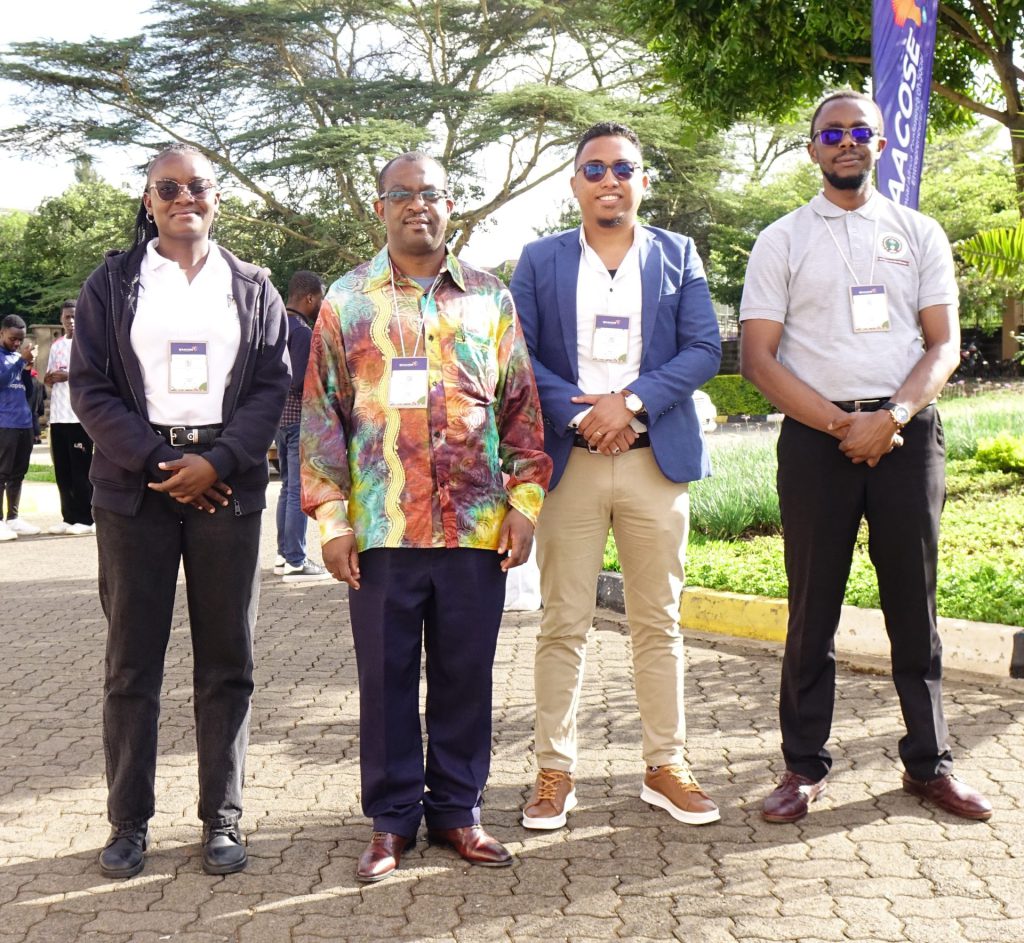
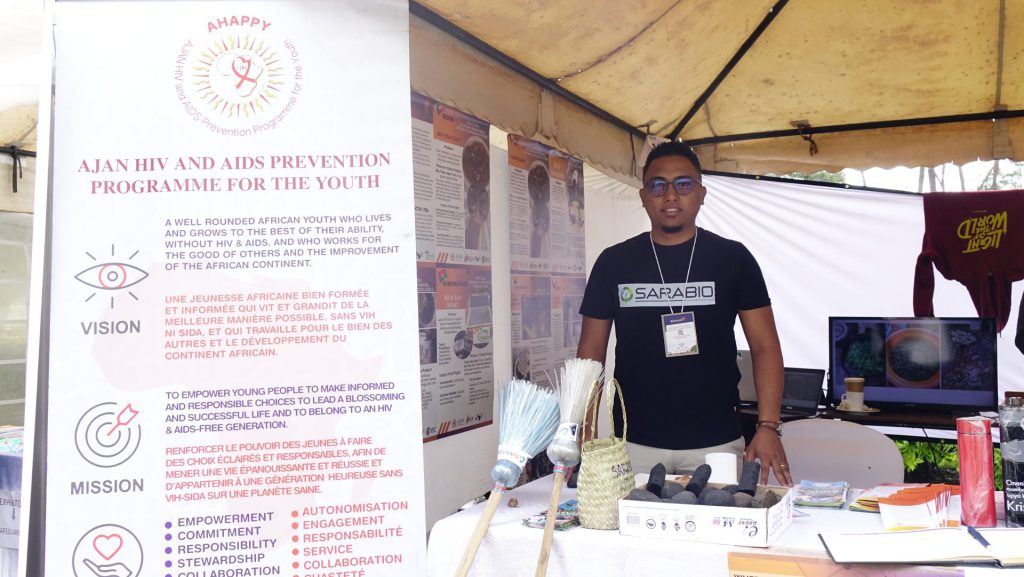
AJAN set up a vibrant exhibition booth that featured program materials, success stories, publications, and multimedia presentations from different AJAN country networks. The booth attracted a steady flow of visitors throughout the conference, offering a space for dialogue, resource sharing, and potential partnerships
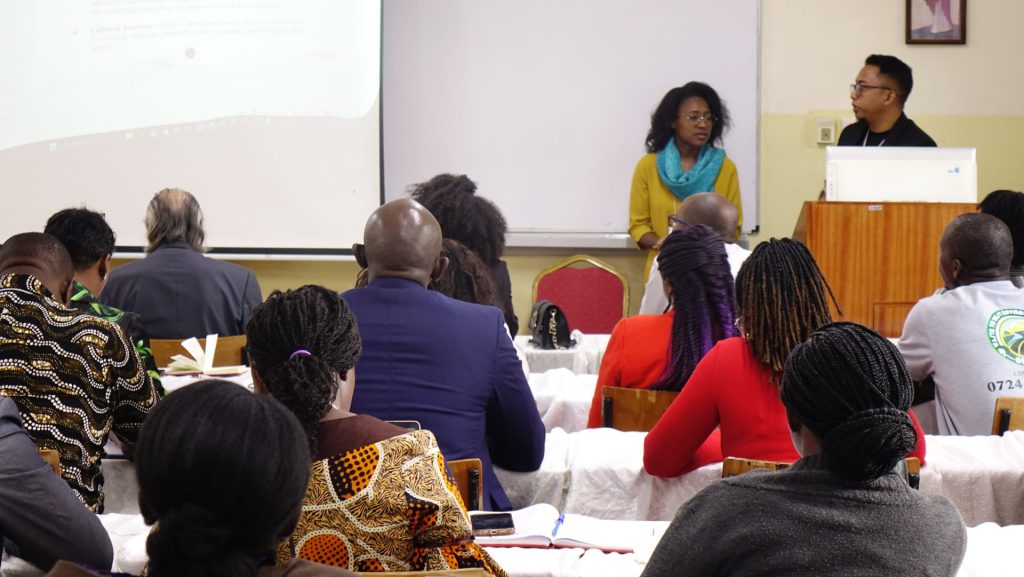
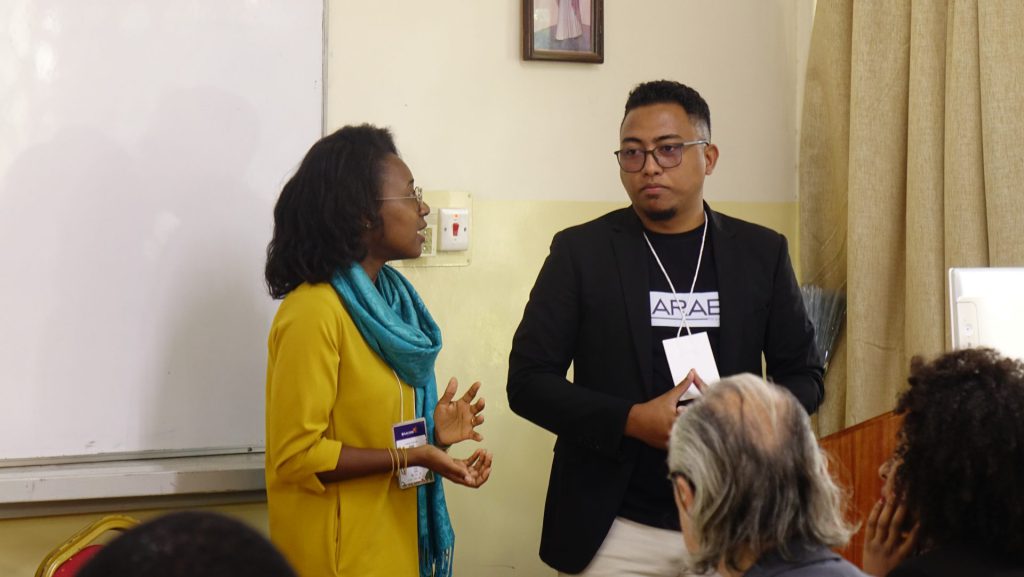
A highlight of the event was the recognition of the SARABIO group from Centre Arrupe, Madagascar—the winners of the Jesuit Youth-Led Social Entrepreneurship Action (JYSEA) pitching competition, which featured young innovators from 10 countries. SARABIO impressed with their innovative recycling initiative, transforming waste into brooms, briquettes, organic fertilizer, and eco-pavements. Represented by Mr. Landry Rafamantanantsoa, the group had the opportunity to showcase their work and present how they are advancing the circular economy in Madagascar.
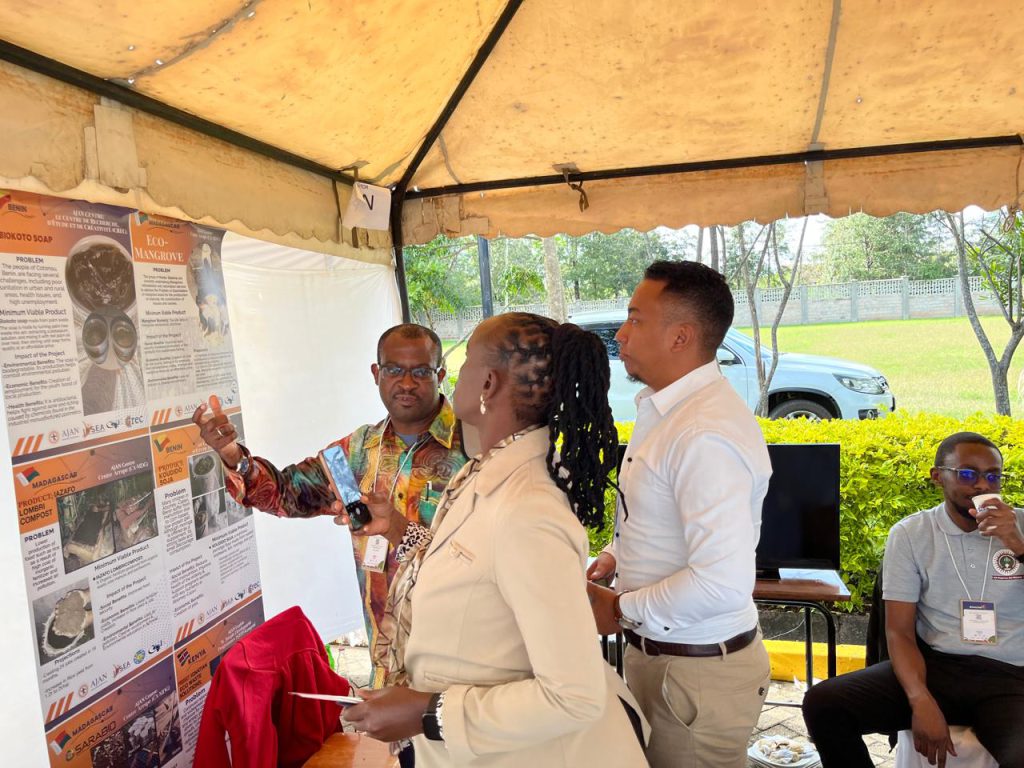
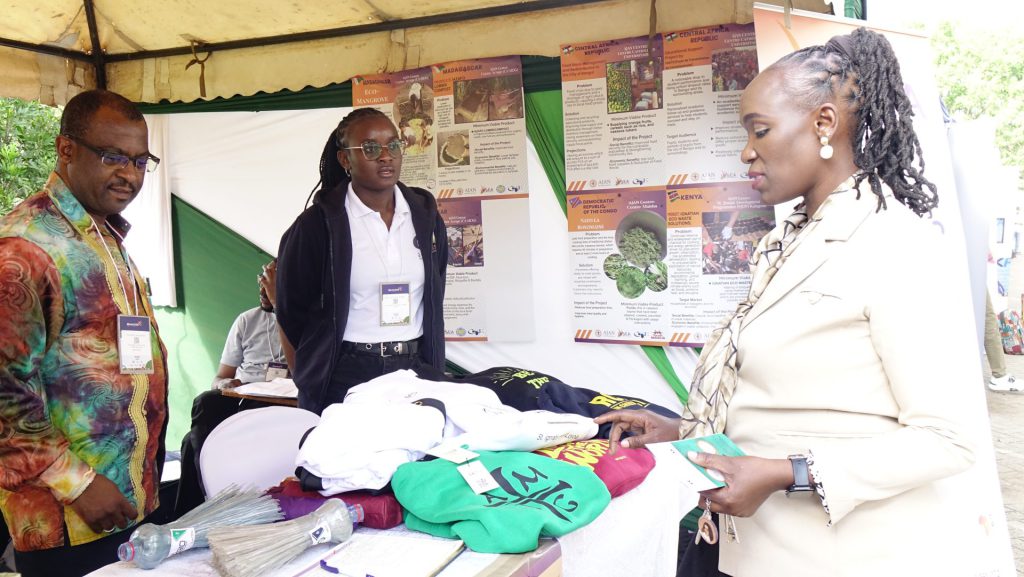
Throughout the conference, AJAN engaged with a variety of stakeholders to explore collaborative strategies for strengthening the social economy. These discussions emphasized the importance of multisectoral collaboration on empowering the youths so that we are able to accelerate the growth of Africa’s social economy by addressing the three Zeros: Zero Unemployment, Zero Poverty and Zero net Carbon emission.
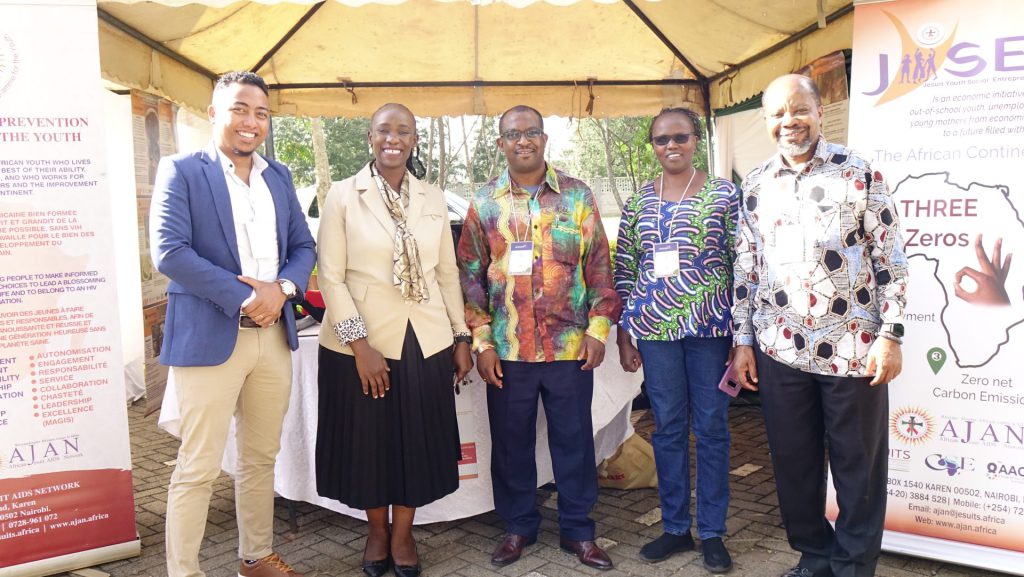
AJAN’s participation in AACOSE 8 reinforced its role as a catalyst for faith-driven social innovation in Africa. By harmonizing spiritual values with entrepreneurial action, AJAN continues to contribute meaningfully to building a sustainable, inclusive future for the continent.
By, Dennis Owuoche,
AJAN Communications Officer.

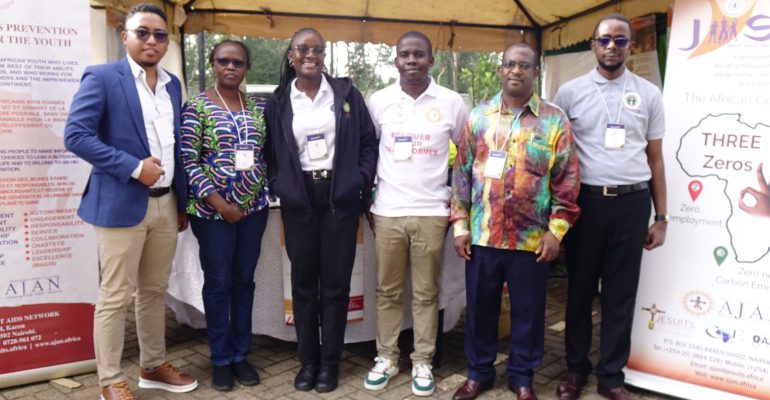
Comments are closed.